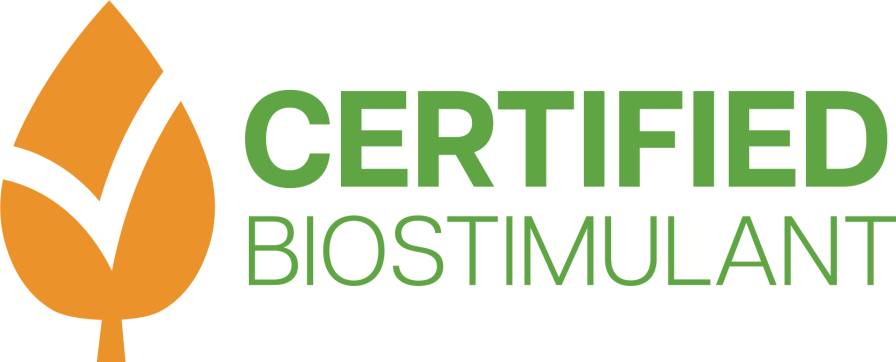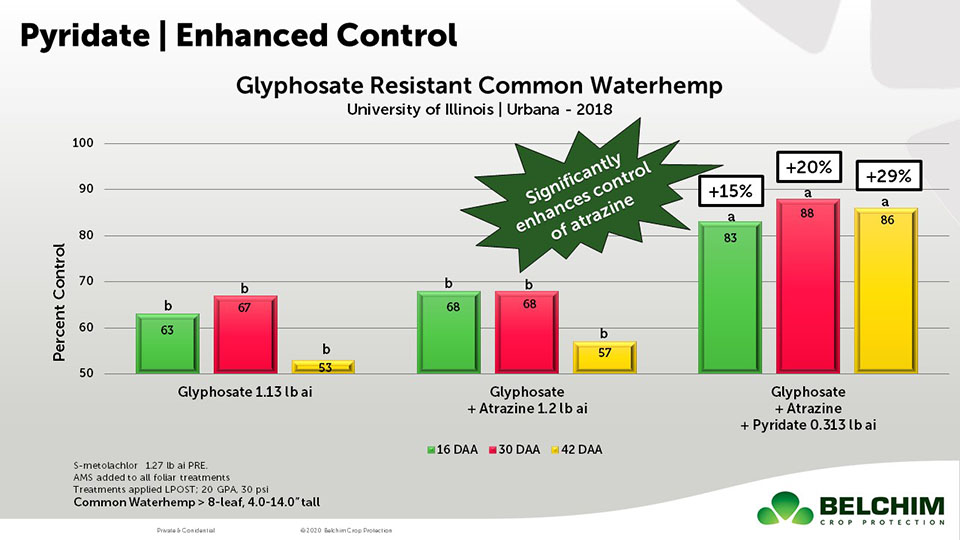The State of the States in Agribusiness
Admittedly, most of the attention in agriculture focuses on what’s happening at the federal level regarding regulations and legislation. However, state-level legislative issues can sometimes be just as interesting (or concerning, depending upon what’s being discussed).
Recently, CropLife® magazine’s good friends at the Mid America CropLife Association (MACA) held one of its regular “Lunch and Learn” sessions focusing the spotlight squarely on what’s happening at the state level when it comes to the agricultural marketplace. This more than hour-long virtual meeting featured association heads from four different important agricultural states, detailing what the various governing bodies were considering when it came to our industry.
Luckily, most of the speakers at the MACA event indicated that negative agricultural legislation wasn’t really presenting a problem at the moment. In fact, according to Tom Bressner, Executive Director for the Wisconsin Agri-Business Association, 2023 is a budget year for his state, meaning that “all of the focus will be on passing this.” Bressner pointed out that Wisconsin has approximately 25 ag groups that work in a coalition to “be united on ag issues.” Two of the state legislative issues he says the Badger State is considering include a producer-led watershed program and the possibility of offering rebates to growers for using cover crops in sustainable agriculture.
Steve Taylor, Executive Director for the Missouri Agribusiness Association, also indicated his state’s agriculture legislation was non-threatening at the moment. In the Show Me State, water quality and encouraging growers to follow 4R practices are top-of-mind, said Taylor.
In Iowa, Bill Northey, CEO for the Agribusiness Association of Iowa, said his state’s legislative issues are focused on a pair of topics at the moment, both of which involve improving the Hawkeye State’s agricultural infrastructure. One of these involves the installation of three new pipelines in the state to transport CO2 for ethanol production plants, which unfortunately does for a few objectors.
“Some folks are trying to limit this project,” said Northey. “This could be a ‘big hurt’ for the ethanol community in Iowa.”
The other ag issue is propping up the state’s Grain Indemnity Fund. “The assessment for this fund hasn’t been done since the 1980s,” said Northey. “And there have been three bankruptcies in the past year, so the fund is below the financial level it needs to be.”
Still, perhaps the most concerning agriculture legislation being considered is in the state of Minnesota. According to Patrick Murray, Executive Director for the Minnesota Crop Production Retailers, his state has two pieces of legislation in the pipeline. One proposal would shift the management of crop protection products from the state to allow individual cities. “This would take authority for this away from the department of agriculture,” said Murray. “There’s not much production agriculture that takes place in some cities, so this could be a problem.
“The other proposal would restrict the storage of pesticide-treated seed,” he said. “This one would establish a separate group to manage this part of our business.”






